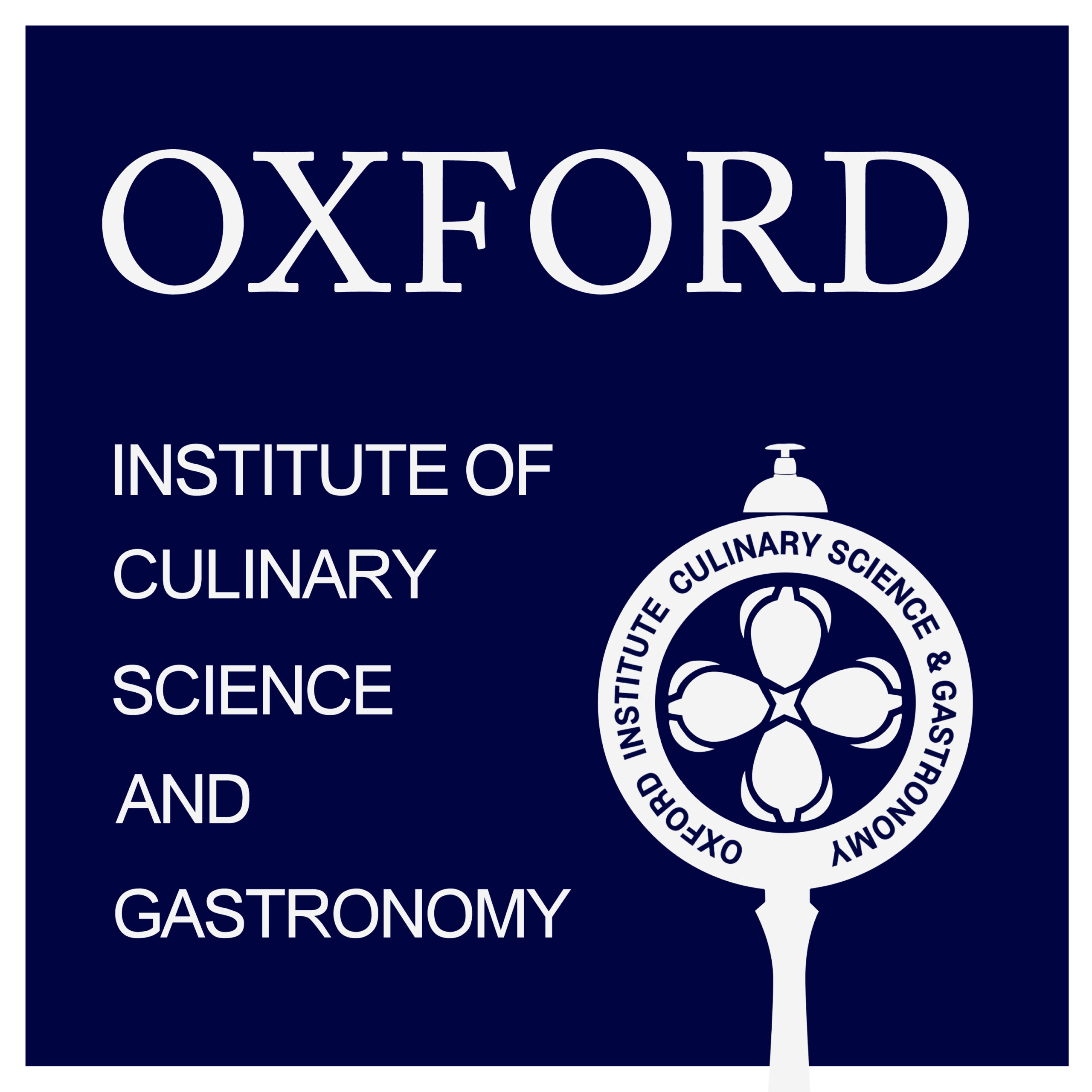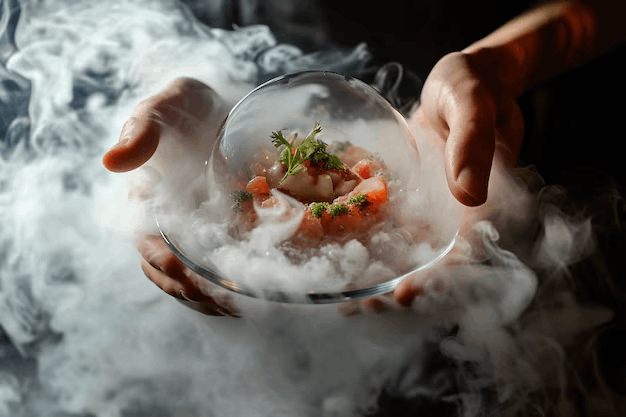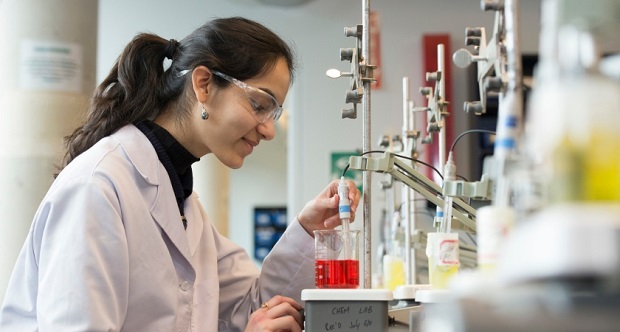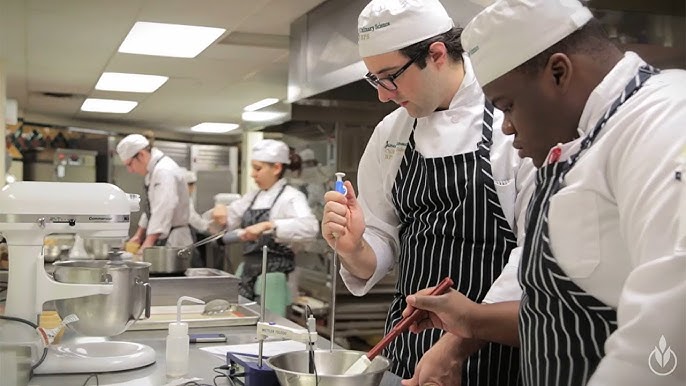Master in Culinary Science & Gastronomy
Oxford Institute of Culinary Science & Gastronomy – Year Four Curriculum
Overview:
The final year focuses on advanced scientific research, leadership in culinary innovation, and the synthesis of theory and practice. Students undertake a significant thesis project, engage in high-level seminars, and prepare to become leaders in gastronomy, food science, and culinary arts. Emphasis is on critical thinking, original research, and professional mastery.
| Section | Description |
|---|---|
| Program Title | Master in Culinary Science & Gastronomy |
| Duration | 2 Terms (12 months: 6 months theory + 6 months thesis & practicum) |
| Format | Hybrid (Online, On-Campus Seminars, Labs, Research Projects, Internship) |
| Level | Year 4 / Expert – Research & Leadership |
| Certification | Master Degree from Oxford Institute |
| Prerequisite | Successful completion of Year 3 (Bachelor Degree) |
| Outcome | Prepared for doctoral studies or professional leadership roles in culinary science |
Term 1 — Weekly Curriculum (12 Weeks)
| Week | Module Title | Topics Covered |
|---|---|---|
| 1 | Advanced Culinary Research Methods | Experimental design, data analysis, academic writing |
| 2 | Food Chemistry & Molecular Biology | In-depth study of food components, reactions, enzymes |
| 3 | Gastronomic Philosophy & Ethics | Contemporary debates, sustainability, ethics in food systems |
| 4 | Leadership in Culinary Innovation | Strategic leadership, team dynamics, innovation management |
| 5 | Sensory Science & Consumer Behavior | Advanced sensory evaluation, psychological influences |
| 6 | Food Systems & Global Challenges | Food security, climate impact, policy frameworks |
| 7 | Advanced Food Technology | Emerging technologies, automation, AI in gastronomy |
| 8 | Research Seminar I | Presentation of research proposals, peer feedback |
| 9 | Scientific Communication | Academic publishing, grant writing, public engagement |
| 10 | Project Management & Ethics | Managing complex projects, ethical research practices |
| 11 | Thesis Preparation & Planning | Research timeline, literature review, methodology |
| 12 | Term Review & Oral Examination | Comprehensive exam and viva voce |
Term 1 Learning Outcomes
Design and conduct independent, original research in culinary science
Critically evaluate scientific literature and methodologies
Demonstrate leadership skills in managing culinary innovation projects
Communicate complex scientific ideas effectively to diverse audiences
Term 2 — Thesis & Professional Practicum (6 months)
Thesis Project
| Section | Description |
|---|---|
| Duration | 6 months |
| Topic Selection | Original research topic in culinary science, gastronomy, or food technology |
| Methodology | Experimental, qualitative, quantitative, or mixed methods |
| Supervision | Faculty mentorship and peer collaboration |
| Deliverables | Thesis document (approx. 15,000–20,000 words), defense presentation |
Professional Practicum
| Section | Description |
|---|---|
| Duration | Minimum 200 hours |
| Settings | Culinary research institutes, food innovation centers, policy organizations, industry leaders |
| Requirements | Work reports, mentor evaluations, professional portfolio |
Term 2 Learning Outcomes
Complete a significant contribution to the body of knowledge in culinary science
Apply research findings to real-world culinary or food science challenges
Demonstrate professional leadership and project management at an advanced level
Prepare for academic or industry roles requiring high expertise
Final Certification (Year 4)
Master Degree in Culinary Science & Gastronomy
Official Transcript with Module Grades
Thesis Defense Certificate
Professional Practicum Completion Letter (Mentor Signed)
WRID™ Certification Code (optional)



